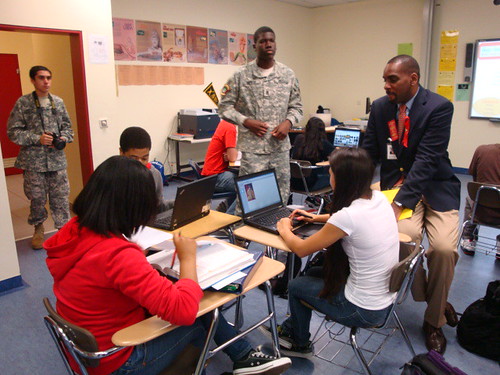By Christina Lopatin, @christi_bbttc and christinalopat (found at) gmail
Because online and offline worlds are more integrated now than ever, it has become vital for the social work institutions to instill stricter social media guidelines and risk management strategies.

The challenge is that social workers must maintain the privacy of their clients as well as cultivate their professional and personal identities on and off the Internet.
As technologies become more advanced, these challenges will become more daunting.
Harbeck and Wesala considered the ambiguous reality and changing technologies of today and their implication to social work ethics. Despite efforts from the National Association of Social Workers (NASW) and the Association of Social Work Boards (ASWB), policies for official social work practices lag behind the booming growth of online social media. With social media on the rise, social workers and students must stay up to date with their organization’s attitudes towards social media. At the same time, organizations need to instill clear guidelines and standards for their employees.
In order to protect the confidentiality between clients and practitioners and maintain professional boundaries, the authors these fundamental guidelines while online:
- Be mindful (online identity should intentionally be set with a purpose and consistently monitored.)
- Exercise caution (understand that your online persona will effect your professional role as a social worker long-term.)
- Honor the integrity of the profession (especially when social workers identify themselves as social workers on their sites.)
- Publish an organization-wide, written policy (this helps show transparency through employees, students and clients.)
- Discuss privacy and social media with clients (this should be a topic in an initial session with a client because it is important for their privacy and confidentiality.)
- New hires should be trained (students and new employees need to be socialized to understand the organization’s approach and regulations for social media use.)
- Host workshops or debriefings (this will help equip and prepare practitioners and students with basic online management knowledge and ethic codes.)
These represent a few of the fundamental actions an organization can take as a safe guard for themselves and their clients. Professional standards and the NASW Code of Ethics help keep you accountable, but it is not enough in this fast-paced technological society. The line between professional and personal is easily blurred because of social media. As new technologies emerge, guidelines and approaches will need to be continuously readjusted. Having strict guidelines helps enable integrity and security in the practice.
Voshel, E. H., & Wesala, A. (2015). Social Media & Social Work Ethics: Determining Best Practices in an Ambiguous Reality. Journal of Social Work Values and Ethics, 12(1), 67-76. Retrieved May 14, 2016.